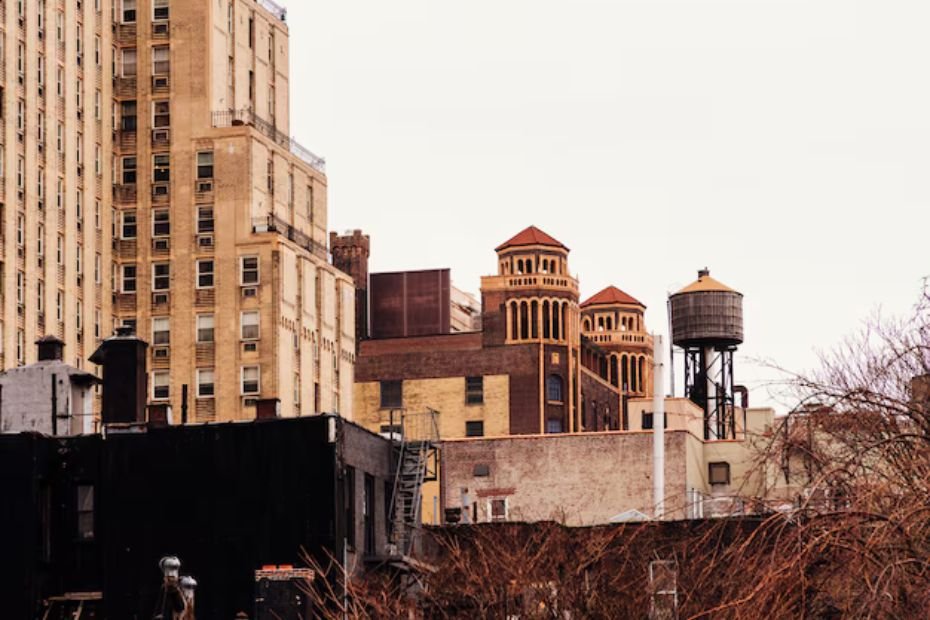Philadelphia, often called the “City of Brotherly Love,” is steeped in history and has played a pivotal role in the founding of the United States. From its role as the birthplace of the Declaration of Independence to its rich cultural heritage, Philadelphia offers a wealth of historical significance. This article will take you through the key moments and sites that define Philadelphia’s historical landscape.
A Brief Overview of Philadelphia’s Founding
Founded in 1682 by William Penn, Philadelphia was designed as a city of religious freedom and tolerance. Penn envisioned a place where people of different backgrounds could coexist peacefully. The city quickly grew as immigrants from various parts of Europe arrived, contributing to its diverse culture.
Philadelphia and the American Revolution
The Birthplace of Independence
Philadelphia’s most notable contribution to American history is its role during the American Revolution. In 1776, the Second Continental Congress convened at the Pennsylvania State House (now known as Independence Hall) and adopted the Declaration of Independence on July 4th. This moment marked the beginning of the United States as an independent nation.
Key Historical Sites
- Independence Hall: This UNESCO World Heritage Site is where the Declaration of Independence and the U.S. Constitution were debated and adopted. Visitors can take guided tours to learn about the pivotal moments that took place within its walls.
- Liberty Bell: Located near Independence Hall, the Liberty Bell is an enduring symbol of American freedom. Its iconic crack and inscription remind visitors of the nation’s fight for independence.
The City of Firsts
Philadelphia has been dubbed the “City of Firsts” for many significant contributions to American society. Here are a few notable firsts:
- First Public Library: The Library Company of Philadelphia, founded in 1731 by Benjamin Franklin, is considered the first public library in America.
- First Hospital: Pennsylvania Hospital, established in 1751, is the first hospital in the United States, founded by Franklin and Dr. Thomas Bond.
- First American University: The University of Pennsylvania, founded in 1740, is one of the oldest universities in the U.S. and a pioneer in higher education.
Philadelphia’s Cultural Heritage
Arts and Architecture
Philadelphia’s rich history is reflected in its diverse architecture and vibrant arts scene. The city boasts an array of architectural styles, from Colonial to modern, with notable landmarks including:
- The Philadelphia Museum of Art: Home to a vast collection of artworks, the museum is famous for its impressive steps, known as the “Rocky Steps,” made famous by the movie “Rocky.”
- The Barnes Foundation: Featuring an extraordinary collection of Impressionist, Post-Impressionist, and early Modern paintings, this museum is a must-visit for art lovers.
Culinary Traditions
Philadelphia is also known for its unique culinary offerings. The iconic Philly cheesesteak, soft pretzels, and hoagies reflect the city’s rich immigrant heritage. Exploring local markets, such as the Reading Terminal Market, is a great way to experience Philadelphia’s diverse food scene.
Philadelphia in the 19th and 20th Centuries
Industrial Growth
In the 19th century, Philadelphia emerged as an industrial hub, contributing to the nation’s economy through manufacturing and trade. The city played a key role during the Civil War, providing supplies and soldiers to the Union army.
Civil Rights Movement
During the 20th century, Philadelphia was at the forefront of the Civil Rights Movement. Activists and organizations worked tirelessly to combat racial injustice and promote equality. The city has a rich legacy of African American history, with sites like the Mother Bethel AME Church, one of the oldest African American congregations in the U.S.
Conclusion
Philadelphia’s rich history is a tapestry woven with stories of freedom, innovation, and cultural diversity. From its pivotal role in the founding of the United States to its contributions in arts, education, and civil rights, the city continues to be a significant part of America’s narrative. Whether you’re exploring historical landmarks, indulging in local cuisine, or immersing yourself in the arts, Philadelphia offers a profound connection to the past and an exciting glimpse into the future.
